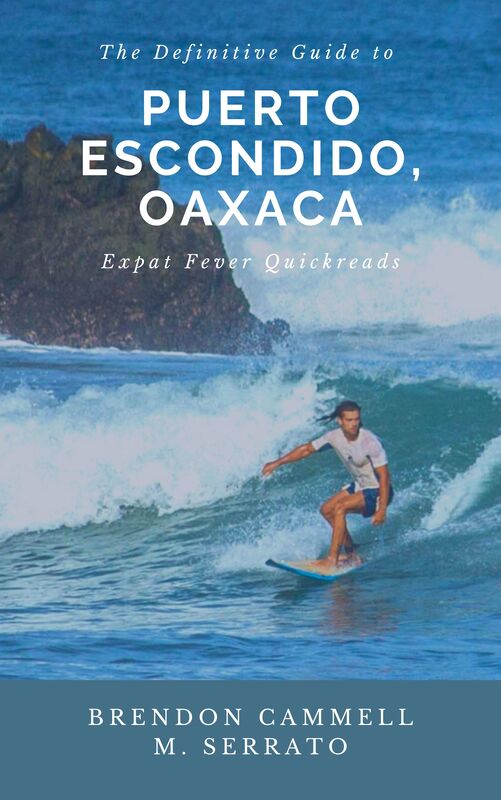|
1. Easy Residency for Retirees: Costa Rica's rentista visa is the perfect option for retirees looking to move to Costa Rica on a long-term basis. The rentista visa, also known as retiree visa or pensionado visa in Costa Rica, allows its holders to stay in the country with no time limit and to work without limitation.
The rentista visa can be easily obtained by demonstrating stable, passive income such as rent or dividends from stocks and bonds. The rentista visa stands out among other visas because applicants do not need to demonstrate any form of employment in Costa Rica. To apply for the rentista visa, applicants must show a secure monthly income of at least $1,500 USD plus an additional $500 USD for each dependent over the age of 18. The rentista visa also offers several benefits to its holders, such as access to healthcare and discounts on purchases from various retailers including restaurants, hotels, and entertainment services. Additionally, rentista visa holders are eligible to apply for permanent residency after being a rentista visa holder for three consecutive years. Applicants are required to apply for residency at the Immigration Office of Costa Rica. It is recommended that you hire an attorney to go through the application process. 2. Low Cost of Living: One of the biggest benefits of retiring to Costa Rica is its low cost of living. With a lower cost for basic necessities like food, housing and transportation, retirees can stretch their retirement savings further than in many other countries. 3. Great Climate and Natural Beauty: Another great benefit for those looking to retire to Costa Rica is the country's climate. With an average temperature ranging from 66°F (19°C) in San Jose up to 80°F (27°C) along the coastlines, you won't have to worry about extreme temperatures or harsh weather conditions that can be found elsewhere around the world. And the country offers any type of scenery that you might desire, from stunning beaches on both coasts and lush rainforests full of exotic wildlife – there’s something to keep you entertained and exploring year-round. 4. Affordable Health Care: For retirees considering moving abroad, one of the most important factors is access to affordable health care services and treatments; fortunately, Costa Rica has both! The country offers quality medical care at a fraction of what it would cost in other countries with some procedures costing as little as 1/10th compared with US prices! 5. Tax Benefits: Costa Rica offers some of the most attractive tax benefits for retirees looking to move abroad. Retirees can take advantage of income tax exemptions, tax credits on insurance premiums, and other expenses that make living in the country much more affordable. 6. Friendly People: One of the great things about Costa Rica is its friendly, welcoming people. Locals are generally warm and accommodating to both locals and foreigners alike, making it a great place to meet new people and make friends. 7. Easy Accessibility by Air: Costa Rica is easy to reach via air travel with direct flights from the US and Europe to multiple destinations throughout the country. It's also easy to travel within Costa Rica with a variety of transportation options such as domestic airlines, ferries, and buses. The cheapest month to fly to Costa Rica is January, but affordable flights can be obtained year-round if you book in advance. There are many non-stop flight options to Costa Rica from major cities in the United States. British Airways has also recently launched direct flights from London (LGW) to San Jose (SJO). 8. Central Location: Another great advantage of retiring in Costa Rica is its central location. From here you can easily explore other countries in Central America or take a quick trip to North America or Europe when you need a change of scenery. 9. Low Crime Rate: One of the biggest concerns for retirees looking to move abroad is safety and security – luckily Costa Rica has one of the lowest crime rates in Latin America. Costa Rica has a strong social safety net, an emphasis on education, and a commitment to democracy and the rule of law. Costa Rica has historically had one of the lowest homicide rates in the world, with only 4.7 murders per 100,000 people. This is a marked contrast to other Central American countries like Nicaragua and Honduras, which had homicide rates of 10.6 and 42.8, respectively. According to data from UN-Habitat, the country has a rate of only 7 violent assaults per 100,000 people. This is far lower than other Central American countries like Guatemala (50) and El Salvador (69). The country also benefits from its geographic location; Costa Rica is surrounded by the Pacific Ocean and Caribbean Sea, which can make it difficult for criminals to enter or leave the country. The country’s national police force is well-regarded and very effective at keeping crime rates low. 10. Stable Economy: Costa Rica has a stable economy and is one of the most affluent countries in Central America. The currency is strong, making it easy to budget for living expenses and plan for your future. Plus, you can count on the government to remain financially solvent so you never have to worry about your investments or savings. Costa Rica is an amazing destination for retirees who are looking to make a new home abroad; with its low cost of living, great climate, affordable health care and tax benefits – it's the perfect place to start your life anew. Plus, its stunning natural beauty and friendly people will help you feel right at home! Do you dream of expatriating? Leaving your old life behind and starting fresh in a beachfront paradise? Do you want to escape the cold and snow FOREVER? Well now you can learn how to do it... for FREE. Read Richard's Story...Richard: I'm living in Costa Rica right now, just outside the Guanacaste Region. I’m originally from the United States, specifically Washington state. I never got used to the cold weather. I hate shoveling snow. Whenever I had vacation time, I would drive down to Oregon or Shasta Lake in Northern California so I could enjoy the warmer weather. I don’t know what kept me in Washington for so long, except that I was used to it—humans are adverse to change, I guess. I had a miserable job working for the state as a Data Analyst. I tried to stick it out until retirement, but I had a mild heart attack at 45. That was my wake-up call. I knew I would never make it to retirement if I stayed. I would end up in the hospital, instead. I knew that I needed serenity in my life, or I knew that I was going to end up in an early grave. I decided to make a change. I took time off. I requested FMLA leave (due to health reasons and my heart attack). My employer was understanding about it, but I knew that they expected me to come back. I didn’t want to return to my job, but I needed time to think. I never intended to become an expat, I went down to Costa Rica just to relax and decide what the next step in my life would be. I was recently divorced, and my kids were in college. I didn’t have anything tying me to the U.S. except my house—and a job that I despised. While in Costa Rica, I met other expats. They all seemed a lot happier than me. That was what convinced me that I could live the rest of my life here. I spent three weeks in Costa Rica; a lot of time fishing and exploring the jungle. I lost 10 pounds! It ended up a very reflective period of my life. I knew only basic Spanish (I took 4 years of Spanish in High School and spoke it occasionally at work, but I was very rusty). Still, I managed to communicate with the locals, who were all friendly and understanding. After literally a few days of research, I went back to the U.S. and got my stuff in order. I sold my condo and most of my furniture and other belongings. That took about two months. I contacted a few relocation companies and decided it wasn’t worth it to hold on to all my old stuff and take it with me. I kept some clothes, my golf clubs, and a few sentimental items that I packed up in boxes that I left in my brother’s garage. That’s it. There wasn’t much profit in the home sale, but it was enough to pay for my move. I quit my job a month after that. All my coworkers were shocked. Some were even a little jealous. Everyone wanted to know how I was going to survive. I simply told them, “I’ll manage.” And it was true! You can live on less than $1,000 per month down here depending on how you want to live. That’s especially true if you’re single and live away from the tourist zones. That’s certainly a lot more money than most of the local ticos earn in a single month. I didn’t apply for Costa Rican residency right away. I did what a lot of other expats do—I entered on a visitor’s visa and did a “visa run” every 90 days to renew my visa. I’ve done border runs to Panama and Nicaragua, sometimes even staying up to a week to explore those other countries. But I always come back to Costa Rica. I kept two U.S. bank accounts, just in case. One with a big bank and one with a smaller, regional bank. I had a problem with Bank of America a few years ago where a scammer drained my bank account, and I was without money for several weeks while the B of A’s fraud department sorted it out. Having all your eggs in one basket can be a recipe for disaster. I’ll never keep all my money in just one bank ever again. For income, I had some carpentry experience and did some odd jobs for other expats who wanted to build an outdoor deck or some shelving. Nothing regular, though, so I knew I would have to get a “legitimate” source of income eventually. I decided to become a landlord. I ended up purchasing a “fixer-upper” home and subdivided it into three rental studios, plus a small main house for me to live. Each studio is a separate vacation rental. Each one sleeps up to 4 people and has two beds plus a futon. I have a crib for couples with small children and some other small amenities, but they are pretty simple. Each one has a simple kitchen with a 2-burner hotplate and a dorm-style refrigerator. I keep the price low in order to attract bargain hunters and students. I get some retirees, too, older couples who want to come down and enjoy Costa Rica on a budget. I advertise online using Airbnb and Flipkey. I’ve used a few other websites, but most of my rental income comes from bookings on those two. I also maintain a simple website that I pay about $10 a month for through Weebly. I just upload pictures of the property and modify the website myself. I’ll put up a blog post every now and then if there’s something happening around town. I want to make sure that I have an actual website so renters can look me up and see that I’m legitimate, and not some fly-by-night scammer. It’s worked out well for me. I stay pretty busy and usually have at least one of the studios occupied. That’s how I make my living down here. If I can do it, anyone can. Get the New Expat Fever Books for Free until May 20, 2018!For only 5 days, our entire new series is available for FREE on Amazon Kindle. Take advantage of this offer and get the best information on how to expatriate to Costa Rica, La Paz, Playa del Carmen, Tulum, Todos Santos, and Los Cabos. We also have two new books in the works for Manzanillo and San Miguel de Allende. Get all six of the new Expat Fever books for FREE until May 20, 2018!
|
No website or company has paid a fee to be mentioned in this blog. Any suggestions you see are based solely on our own experiences and personal preferences.
About UsJust a middle-class family with three young kids, looking to escape the rat race. This is our journey! If you have a question for us, please contact us directly using our email here.
Archives
May 2024
|
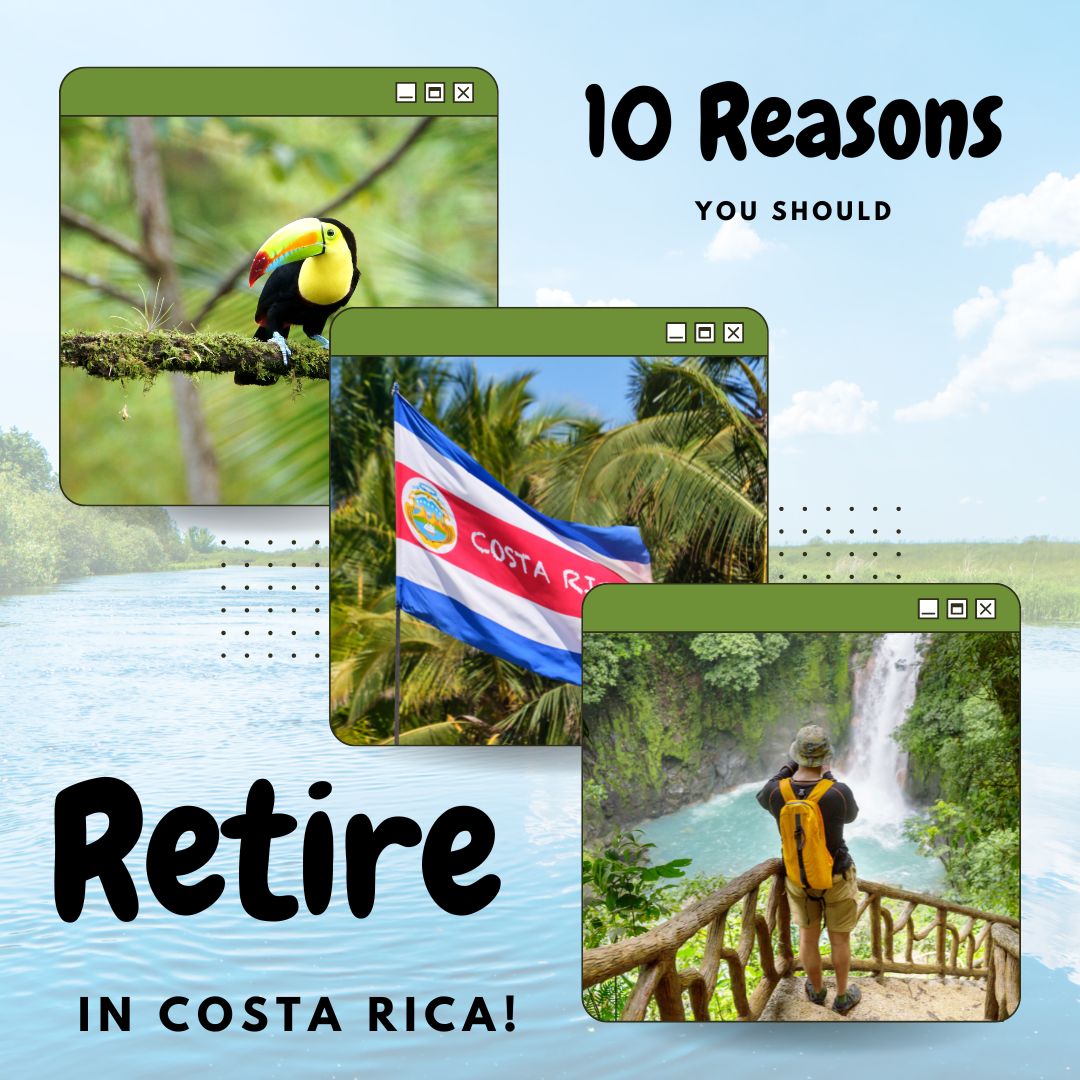
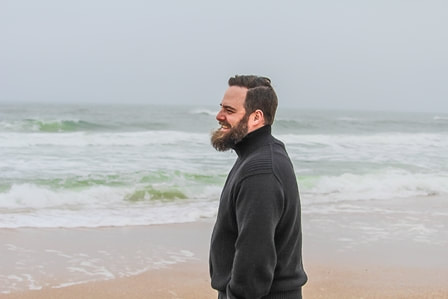
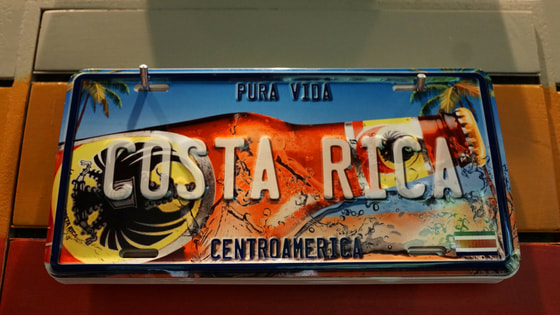
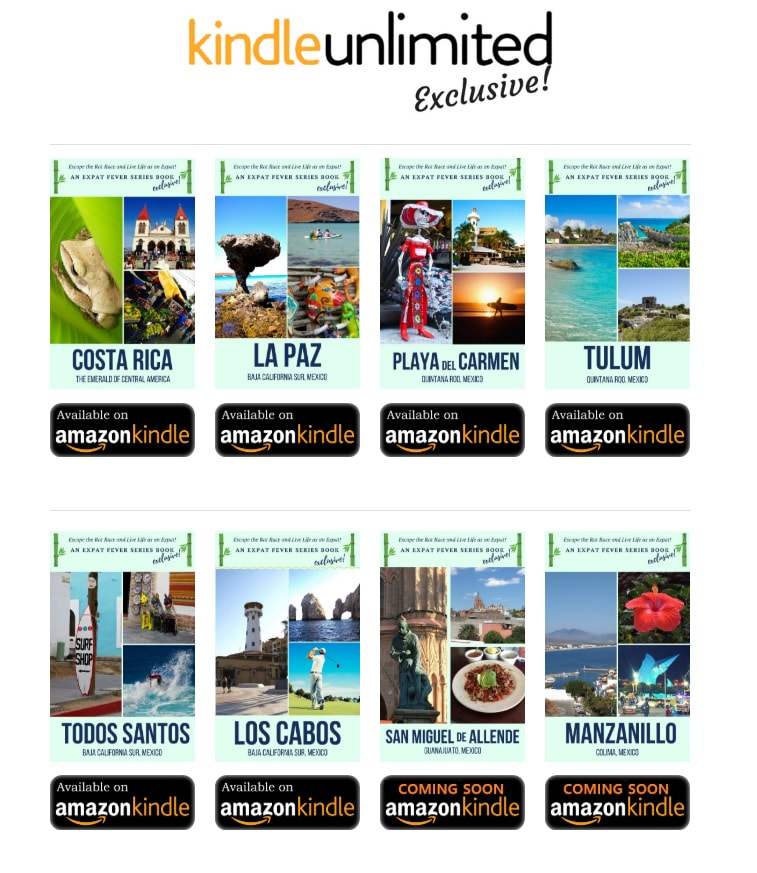
 RSS Feed
RSS Feed
